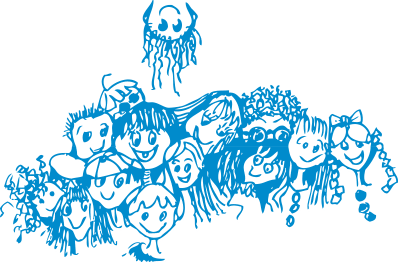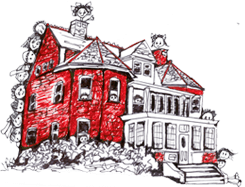Common Emergency Care Visits: Toothaches or abscesses
September 9th, 2014

Dental problems do not always wait for normal office hours. Broken fillings or damaged teeth are common reasons for emergency treatment. Toothaches and abscesses can also require prompt attention. Dr. Stephen Korson can provide you with the information and treatment you need to prevent the problem from becoming worse. Emergency dental care is only a phone call away, 24 hours a day, seven days a week.
Abscess
An abscess is a bacterial infection, and will normally cause pain and swelling around the affected tooth and gum area. Antibiotics are not always necessary, but you should seek treatment quickly. Left untreated, an infection can spread and cause serious complications.
Toothache
There are many reasons that you may develop a sudden toothache. The cause of the pain may be a particle of food lodged between your tooth and gum line. One of the first steps you can take is to rinse your mouth with warm water. You may also try gently flossing the area to dislodge the particle. Do not continue flossing if bleeding occurs.
Toothaches can occur from a carie — a cavity in the tooth — or from a fracture. Sensitivity to heat or cold may also cause tooth pain. You should make an appointment to ensure that a minor problem does not become serious. We may recommend acetaminophen or another pain reliever to reduce the pain before your visit.
Additional tips and treatments:
- If you have fractured a tooth, rinse the area with warm water to keep the surfaces clean. Apply a cold compress to the outside of your facial area to reduce swelling.
- A tooth that has been knocked out should be kept moist, in a clean container, until you can receive treatment.
- Do not apply aspirin directly on a damaged tooth or gum area as it can cause tissue irritation.
- If you suspect that your jaw has been broken, go to an emergency room immediately.
- If you have bitten or damaged your lips or tongue, rinse your mouth well with warm water. If bleeding continues, call us or seek other medical attention immediately.
Our team at Summit Pediatric Dentistry is ready to assist you when you have an emergency dental need. When you call, please provide us with as much information as possible so we can offer recommendations that will assist you until your appointment. Do not delay; emergency treatment is available and immediate treatment is the best course of action.






